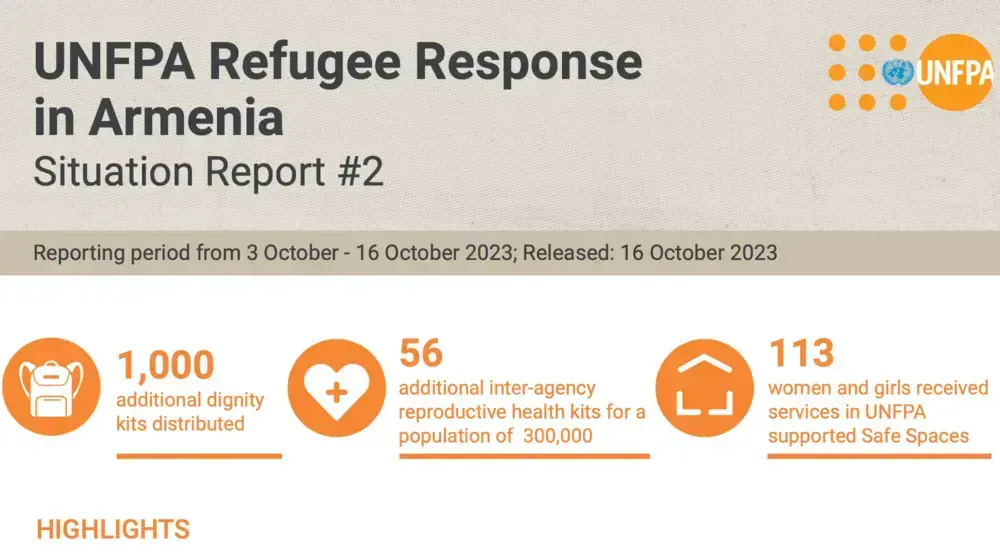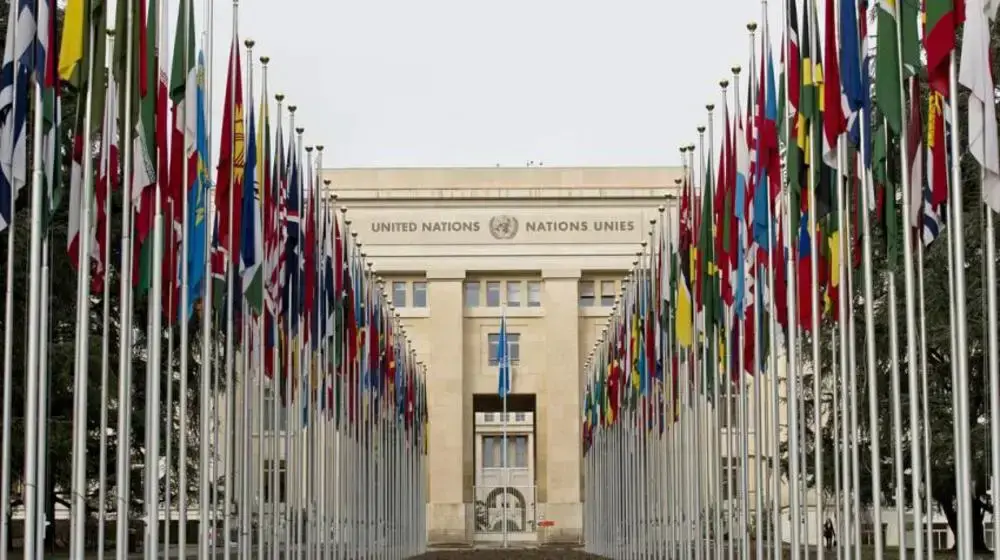Nazmije, a mother of three daughters from a village near the city of Durrës, is one of over 1,000 Albanians from across the entire country who participated in a series of consultations organized by UNFPA in February to listen to the concerns and aspirations of ordinary citizens and feed these into the global debate on the post-2015 development agenda.
As many other participants in the consultations, Nazmije made clear that often small improvements can make a big difference in the lives of people. In her case, what was needed was a school bus, so that her girls and other kids from the village can attend the high school in the city.
Nazmije is divorced and has been heading her family for ten years. She recalled the difficulties of being a divorced mother: “When I said I am divorced, people saw me differently, as if I had a contagious disease, and I kept my head down.” She wants a better life for her daughters, and getting the local government to provide a school bus is a small but concrete step towards realizing this dream. Nazmije said she was grateful that her daughters can go to high school and get a good education. “I want them to continue their higher studies at university. I will never make them leave school and go to work just to have an additional salary at home,” she insisted.
Many other concerns expressed by participants in the consultations focused on lack of services in rural areas, including reproductive health services. As a result, child mortality is still a serious concern.
Other issues discussed at the consultation events included access to education, combatting corruption, addressing discrimination, and the need for greater public participation in decision-making processes.
“Listening to the wisdom, skills and perspectives expressed by the participants in this process will help us focusing our work in helping to find solutions for the challenges Albanians are facing in their aspirations for the development of society,” said Ian McFarlane, UNFPA Country Director for Albania.
The UNFPA-led consultations focused on inequalities and formed part of a broader UN campaign to engage Albanian society in the global debate on development priorities for the time following the expiration of the Millennium Development Goals (MDGs) in 2015.



![Highlights of the Regional Report on ICPD30 [Digital] Highlights of the Regional Report on ICPD30 [Digital]](/sites/default/files/styles/webp/public/res_homepage_cover/320_11.png.webp?itok=er3aD8lL)

